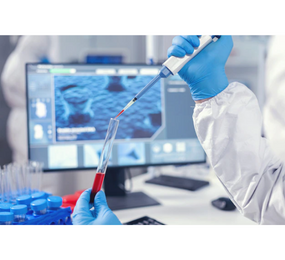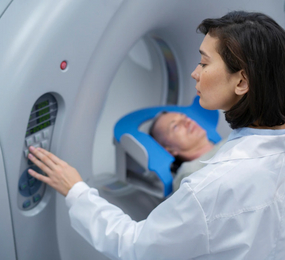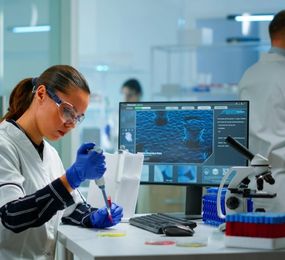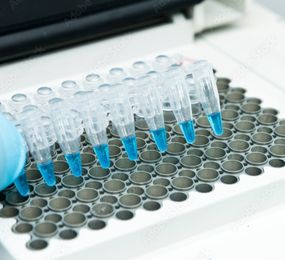Regulatory Considerations in Biologics Manufacturing
The manufacturing of biologics, which includes products such as vaccines, gene therapies, and monoclonal antibodies, is a highly complex and tightly regulated process. Regulatory considerations are critical to ensure the safety, efficacy, and quality of these therapeutic products. The primary regulatory bodies, such as the FDA in the United States and the EMA in Europe, have established rigorous guidelines and standards that manufacturers must adhere to throughout the product lifecycle.
Key regulatory considerations include Good Manufacturing Practices (GMP), which encompass detailed protocols for every aspect of production, from raw material sourcing to final product distribution. GMP ensures that biologics are consistently produced and controlled according to quality standards, minimizing risks such as contamination or variations in product quality. Another significant aspect is the validation of manufacturing processes and analytical methods, ensuring they reliably produce products that meet predefined specifications.
Furthermore, regulatory agencies require extensive documentation and reporting, including data on clinical trials, manufacturing processes, and post-market surveillance. This comprehensive documentation helps in monitoring and ensuring the continued safety and effectiveness of biologics once they reach the market.
Navigating these regulatory frameworks is essential for manufacturers to achieve and maintain approval, thereby bringing safe and effective biologic therapies to patients in need.
Visit our website to know more: https://www.leadventgrp.com/events/2nd-annual-bioprocessing-and-biologics-forum/details
For more information and group participation, contact us: [email protected]
Leadvent Group - Industry Leading Events for Business Leaders!
www.leadventgrp.com| [email protected]
















